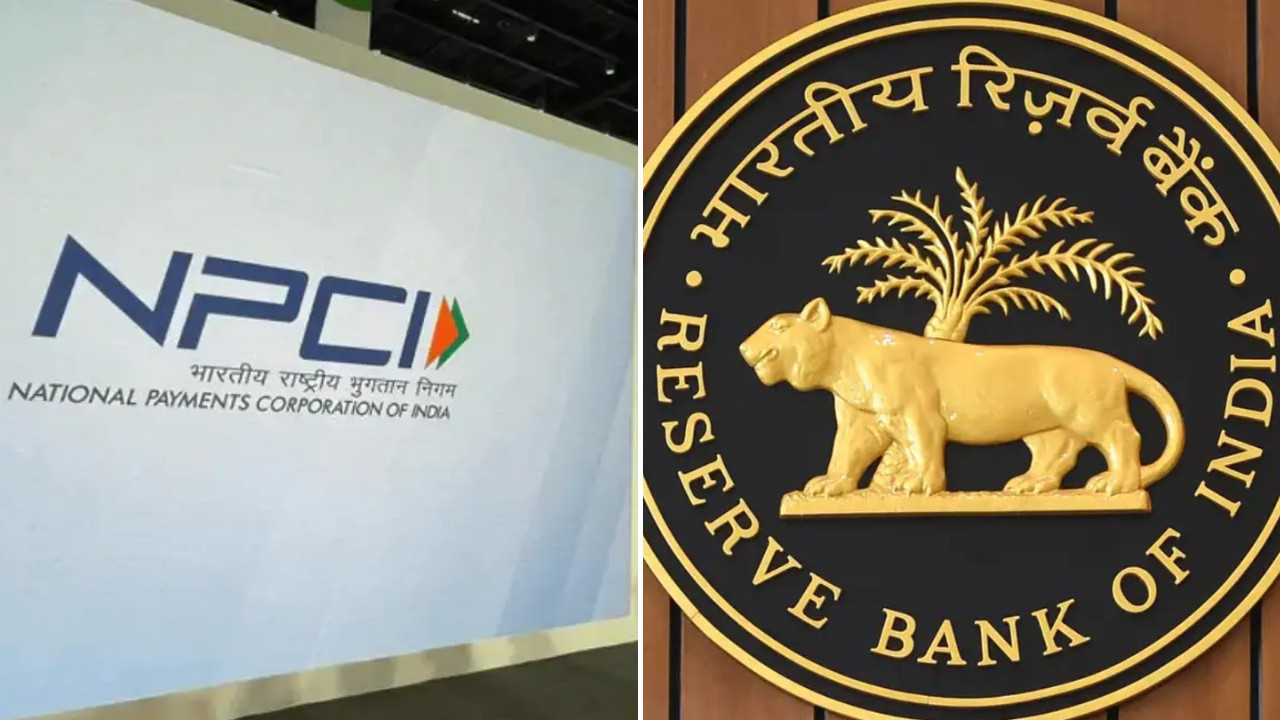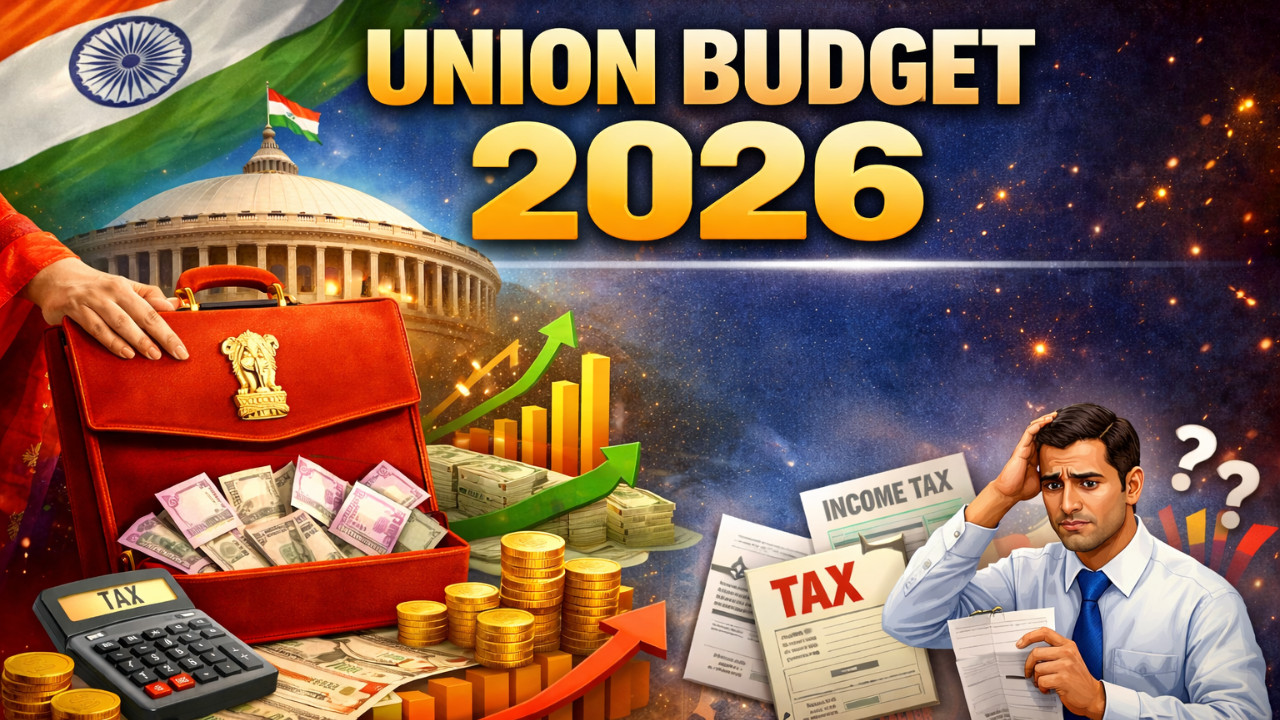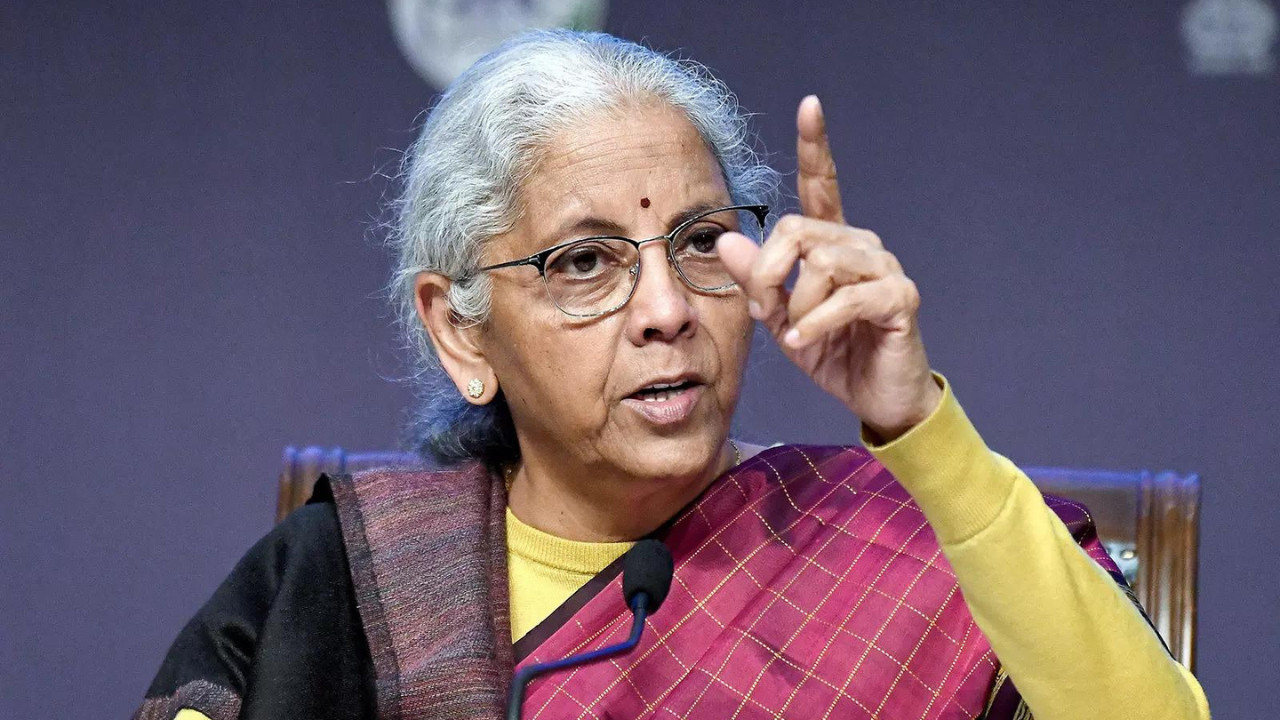Bridging the Divide: How Bharat BillPay Aims to Streamline Netbanking Data
For years, a quiet but significant challenge has lingered beneath the surface of India’s rapidly expanding digital payments landscape: a data gap hindering seamless reconciliation for netbanking transactions. Imagine paying your electricity bill online, only to find the confirmation process tangled, leaving you wondering if the payment truly went through. This is the kind of friction Bharat BillPay, the bill payments arm of the National Payments Corporation of India (NPCI), is determined to smooth out.
Currently, inconsistencies in data reporting between banks and bill aggregators create inefficiencies. Different banks use varying formats and standards when sharing transaction data, leading to delays and discrepancies in payment confirmations. This not only frustrates consumers but also adds operational overhead for businesses that rely on timely and accurate reconciliation. Bharat BillPay is stepping in to create a unified, standardized system for netbanking data, hoping to make online bill payments a truly frictionless experience.
Unifying the Data Landscape for Seamless Transactions
The core of Bharat BillPay’s initiative is standardization. By implementing a common set of protocols and data formats, the platform aims to ensure that all banks report transaction information in a consistent manner. This will allow bill aggregators and businesses to reconcile payments more quickly and accurately, reducing the risk of errors and delays.
Think of it like this: imagine every country in the world used a different electrical outlet. Adapters would be everywhere, creating unnecessary complexity. Standardizing the data flow for netbanking transactions is like adopting a universal outlet, making the entire process smoother and more efficient.
This initiative directly tackles the reconciliation challenges faced by billers, particularly those dealing with high volumes of transactions. With a unified data standard, they can automate their reconciliation processes, freeing up resources and reducing the potential for human error. Furthermore, it paves the way for greater transparency and accountability in the digital payments ecosystem.

More Than Just Bills: The Ripple Effect of Improved Data
The benefits of this data standardization extend far beyond just utility bill payments. While streamlining bill payments is a key focus, the initiative also lays the groundwork for improved data analytics and risk management across the entire netbanking ecosystem. With cleaner, more consistent data, financial institutions can gain deeper insights into transaction patterns, identify potential fraud risks, and develop more effective risk mitigation strategies.
Consider the possibilities: enhanced fraud detection systems, more accurate credit scoring models, and personalized financial services tailored to individual customer needs. By fostering a more data-rich environment, Bharat BillPay is contributing to the overall maturation of India’s digital financial infrastructure.
A Collaborative Approach to Progress
Bharat BillPay recognizes that achieving true standardization requires a collaborative effort. The platform is working closely with banks, bill aggregators, and other stakeholders to ensure that the new data standards are practical, effective, and widely adopted. This collaborative approach is crucial for building trust and ensuring the long-term success of the initiative.
The roadmap involves not just defining the standards, but also providing the necessary tools and support to help banks and aggregators implement them. This includes technical documentation, training programs, and ongoing assistance to address any challenges that may arise during the transition.
The Future of Frictionless Netbanking: A User-Centric Vision
Ultimately, Bharat BillPay’s efforts are driven by a commitment to creating a more user-friendly and efficient digital payments experience. By tackling the underlying data challenges, the platform is paving the way for a future where online transactions are seamless, reliable, and transparent. This initiative aligns with the broader goal of promoting financial inclusion and empowering individuals and businesses to participate fully in the digital economy.
This move towards data standardization is a welcome step that promises to iron out existing creases in the online payment system. Looking ahead, the success of this endeavor will depend on the seamless integration of these standards across the banking sector and their effectiveness in simplifying transactions for the end-user. It is crucial to see how quickly these changes will roll out and how adaptive the various stakeholders involved will be.
Learn more about other NPCI initiatives that are transforming India’s financial landscape.







